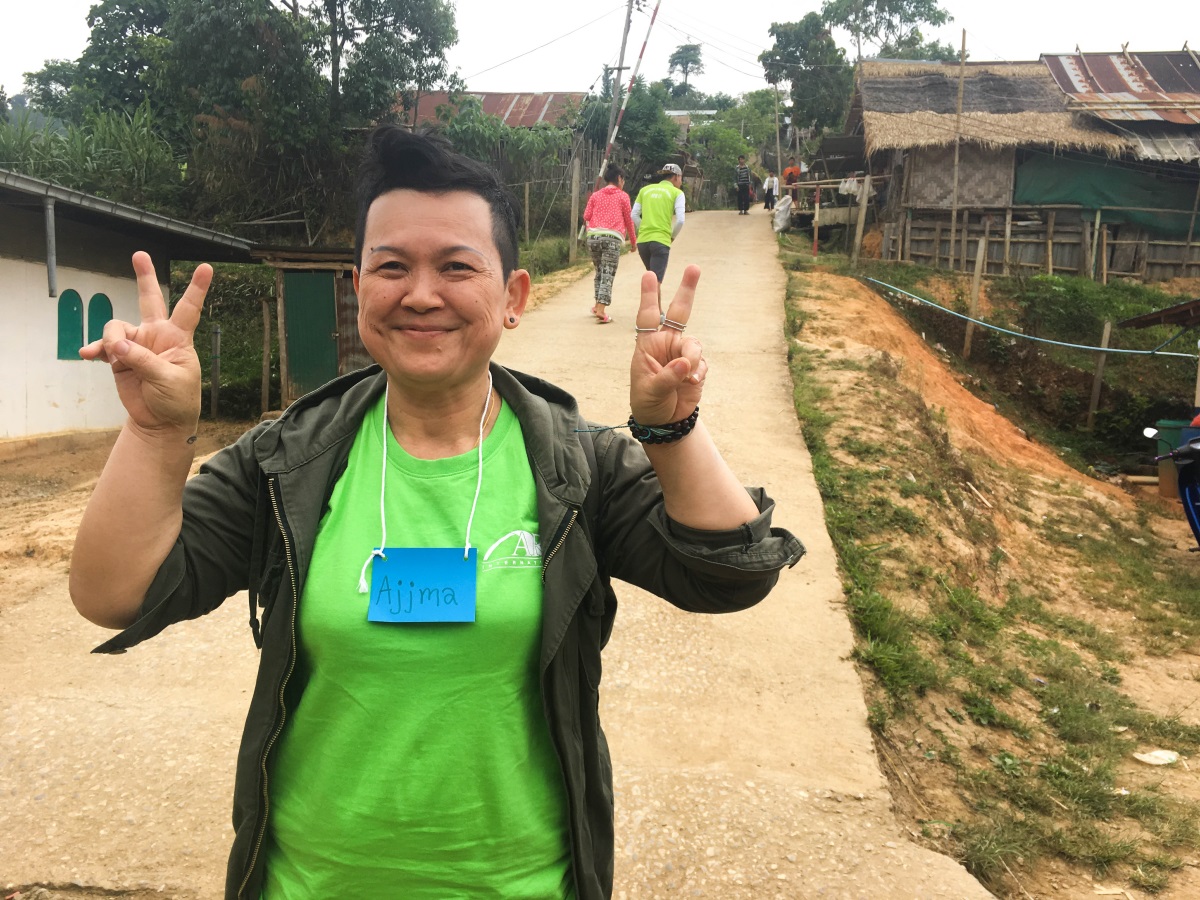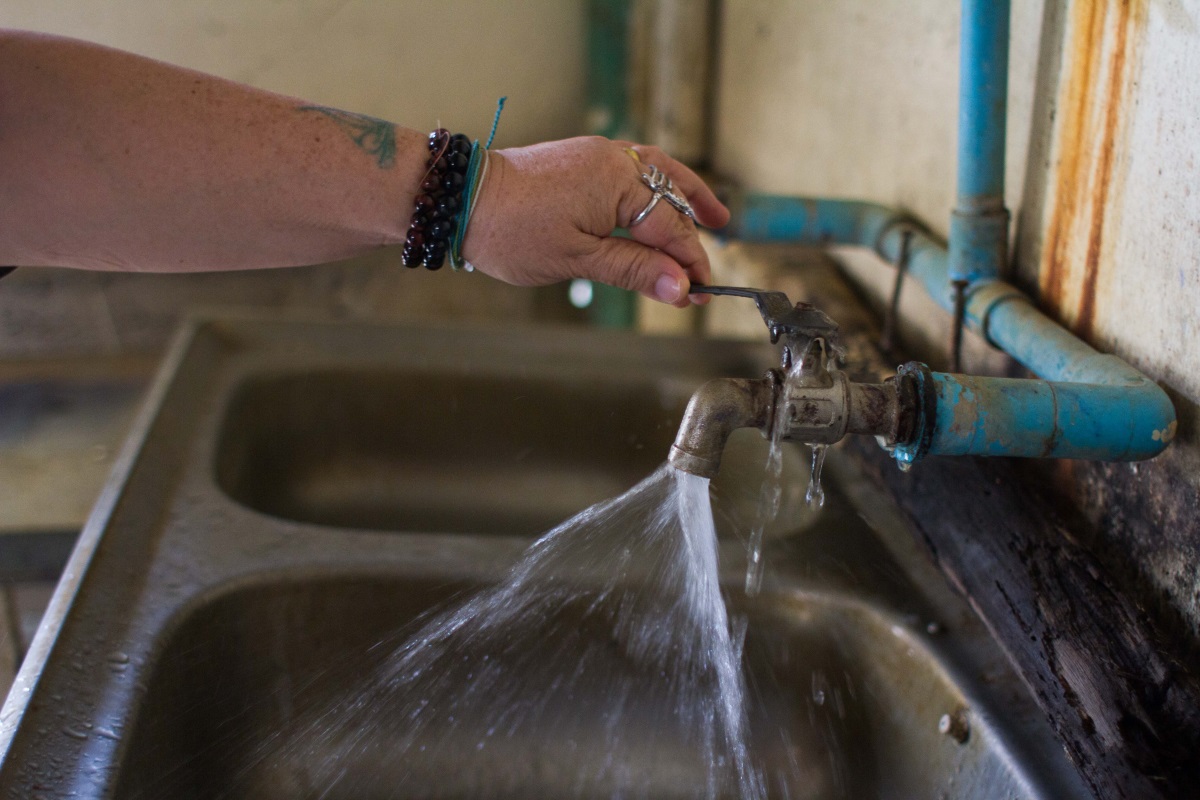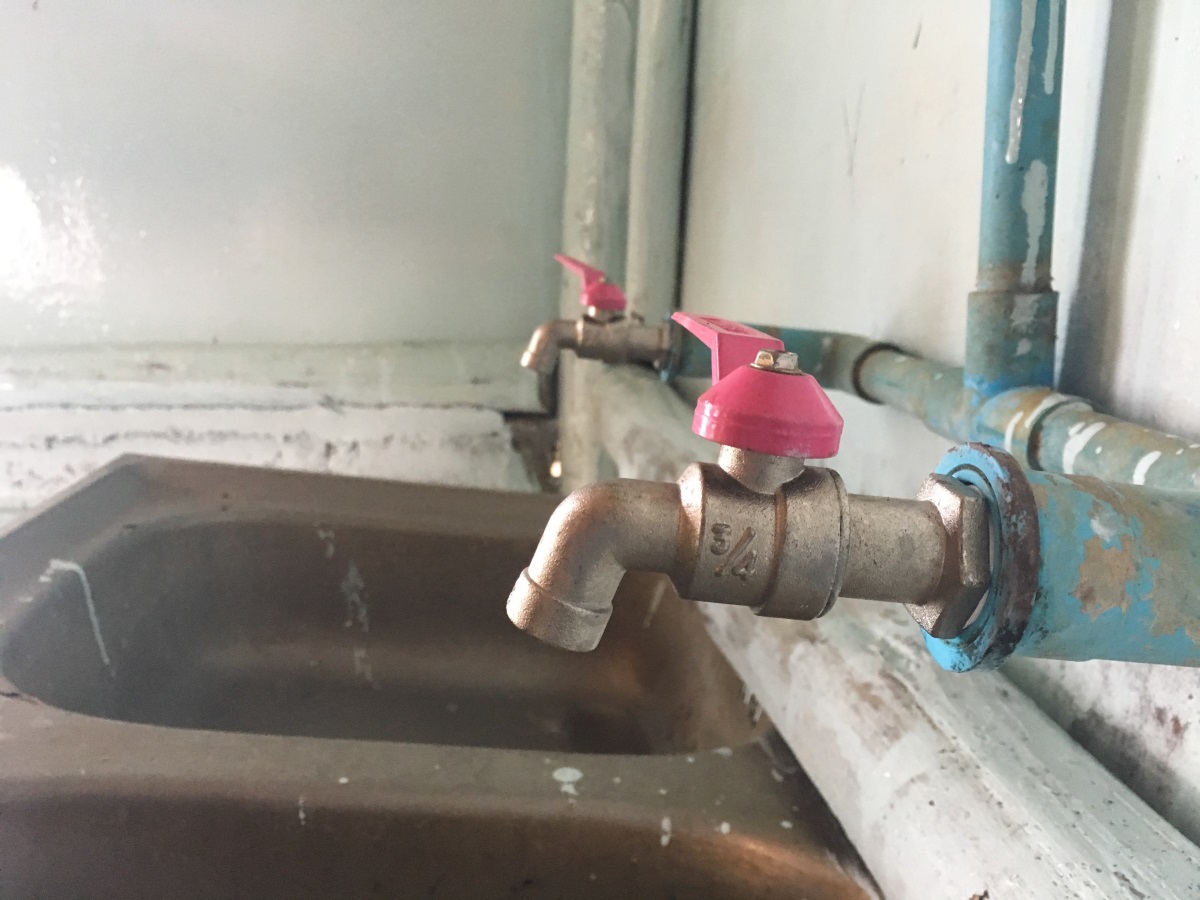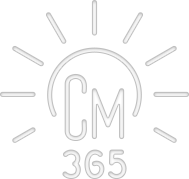Today we’re hopping across the ocean, to a place where ARC has had teams on the ground for over 35 years – Thailand. Refugees from Myanmar have spent decades in refugee camps there, forming their own communities, figuring out ways to rebuild.
The refugee camps where we work in Thailand are unique – most of our team at these camps are refugees themselves. During their time with us, they’ve been trained as nurses, lab technicians, and community service providers. They’re equipping themselves with skills that not only help their communities, but will carry them into the future.
Ajjima is an ARC team member who has played a huge role in this. She’s an educator who for years has helped our refugee medical teams improve their management skills, the level of quality care they provide, and the science behind their work. And she’s a natural at Changemakers 365. She has the spirit of a true Changemaker, constantly thinking of new opportunities – new ways to improve life at Umpiem Mai. So when we asked her what she would do with $500 worth of change at Umpiem Mai, her eyes shone bright.

The Primary Health Center at Umpiem Mai is a very important place. It’s where people get healthcare services and are referred to hospitals in the region for more serious cases. And the lab – where Ajjima works – is the center of it all. It’s where diseases like malaria and tuberculosis are tested, where staff decide the course of treatment for patients. But there was a problem. The plumbing wasn’t working.
“Water is leaking,” said Ajjima. “The plumbing is quite old. It’s a problem because we need to maintain cleanliness to prevent infection in this environment.”

Ajjima wasn’t joking. When the faucet was turned on, water sprayed in every direction. When lab technicians need to clean slides that have malaria infected samples, this can become a real problem. On top of that, the whole center structure is made out of wood and bamboo – a huge challenge when you have water that’s leaking.
But, it was an easy fix! The team got to work replacing the faucet spigot, the rotting wooden boards behind the sink, and covered it in plastic so that the problem wouldn’t happen again.

Ajjima beamed with pride at the new system. “I love it a lot,” she said. “This is really a good message for the lab team. They’re always learning to do better. Today we have.”

